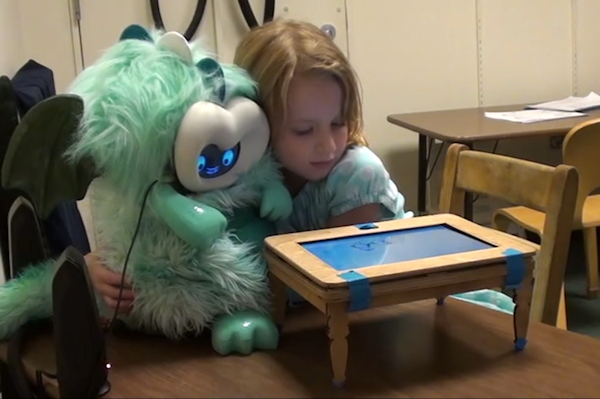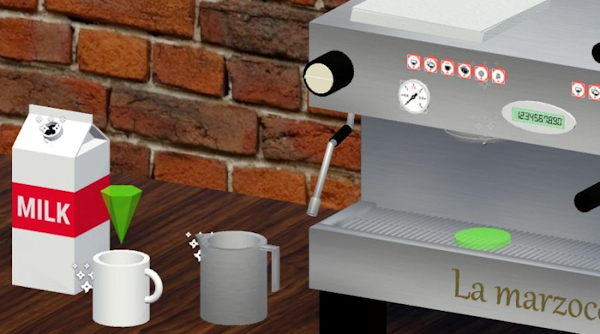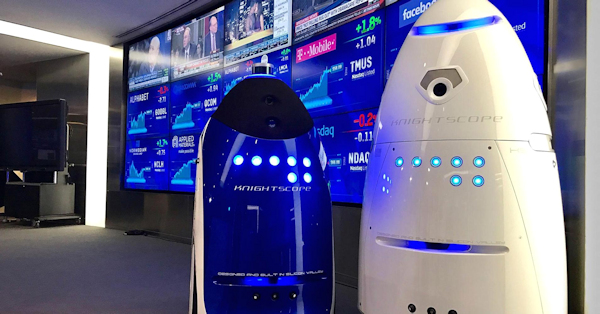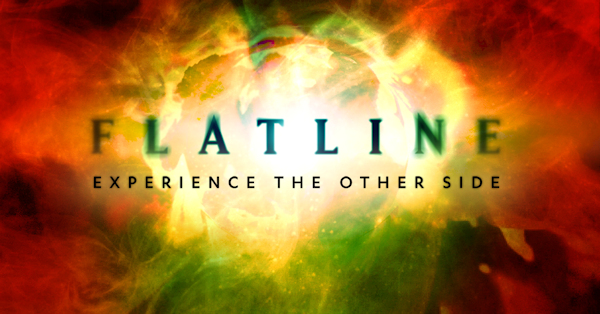Parallel Worlds: Designing Alternative Realities in Videogames
Saturday 30 September 2017
Victoria & Albert Museum, London
Building on the sell-out success of last year’s Parallel Worlds Videogame Design conference at the Victoria and Albert Museum in London, we’re excited to announce our follow up event, providing a critical and cultural platform to discuss one of the most important fields in contemporary design.
Parallel Worlds will take place on Saturday 30 September 2017, bringing together an eclectic line up of leading designers, artists and thinkers whose work is connected by the worlds we build through games and play.
Speakers confirmed so far include John Laws (Planet Coaster/Frontier Developments), Sandra Youkhana and Luke Caspar Pearson (You+Pea Architecture and Design), Nicola and Michael Place (Wipeout/Build), Tim Hunkin (Novelty Automation) and Madiba Olivier (Aurion/Kiro’o Games Cameroon) with more to be announced in the coming weeks.… read more. “Call: Parallel Worlds: Designing Alternative Realities in Videogames”




